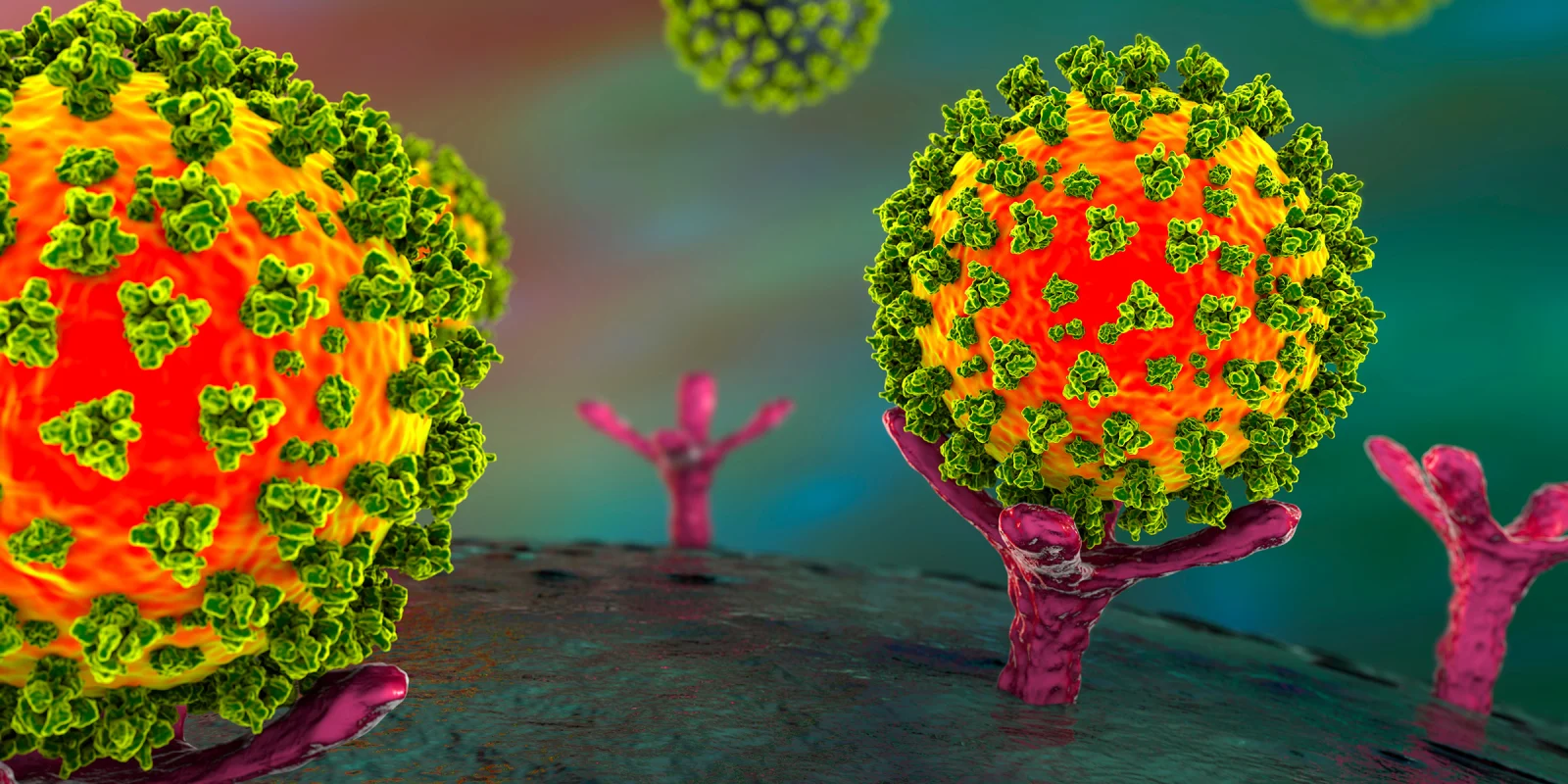Dara Baker is a 2020–2021 Doximity Research Review Fellow. Nothing in this article is intended nor implied to constitute professional medical advice or endorsement. The views expressed in this article are those of the author and do not necessarily reflect the views/position of Doximity.
ACE inhibitors (ACEIs) and angiotensin receptor blockers (ARBs) are among the mainstays of treatment for hypertension worldwide. But in the context of the COVID-19 pandemic, many practitioners began questioning the safety of continuing these medications due to concern for mechanistic interactions with the pathway of SARS-CoV-2 infection. Early in the pandemic it was determined that the virus enters cells by adhering to the surface domain of the ACE2 receptor, found in high concentrations in respiratory epithelial cells, but also on cells throughout the body. Some postulated that the continuation of ACEIs and ARBs, which, over time, induce physiologic upregulation of the ACE2 receptor, would lead to prolonged viral infection and poorer outcomes. However, observational data of patients taking these medications suggested the opposite: ACEIs and ARBs confer better outcomes in patients. Thus, an investigation by Lopes et al. aimed to address this novel clinical practice quandary with a multicenter, open label, randomized trial.
The study evaluated two groups randomly assigned to either continuation of ACEI or ARB therapy, and termination of therapy for 30 days following hospital discharge for COVID-19 infection. The investigation included a reasonably large sample size of 659 patients and demonstrated close demographic comparability between the two groups. The primary outcome — the number of days alive after discharge and out of the hospital through 30 days — showed no difference between the two groups (21.9±8 days in the continuation group versus 22.9±7 for the termination group). Moreover, the secondary outcomes evaluating cardiovascular events, biomarkers, and COVID-19 progression were also similar.
Though the study has limitations (e.g., its open label design and a two delay in random assignment to a study group after hospital admission), the outcome metrics appear reliable for guiding clinical practice. For clinicians, the data are reassuring that the continuation of ACEI and ARB therapies do not cause harm and, indeed, remain vital components of treatment plans for hypertension patients during the pandemic. The study suggests that prescription of ACEIs and ARBs should not be altered based purely on a concern for worsening COVID-19 outcomes, as the multitude of benefits of such medications confer outweigh the risk.
Dara Baker is a fourth-year medical student at GW SMHS, returning from her yearlong fellowship at NIH as part of the Medical Research Scholars Program, 2019–2020. She is an aspiring physician-scientist, excited about research in stem cell-based medicine, immunology, small molecule regulatory pathways, and genetics.
Image by Kateryna Kon / Shutterstock
Click here to see more perspectives on COVID-19 from the Doximity network.
Click here for up-to-date news about COVID-19 on Doximity.






